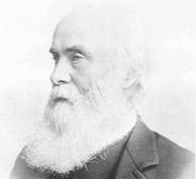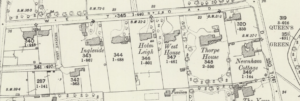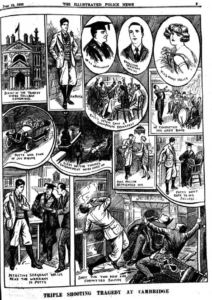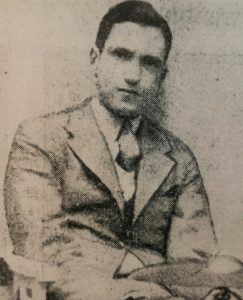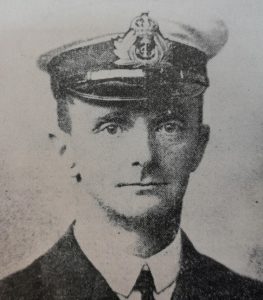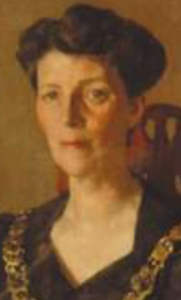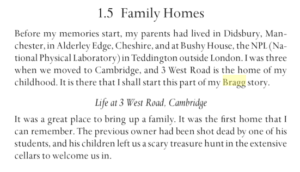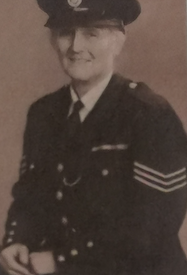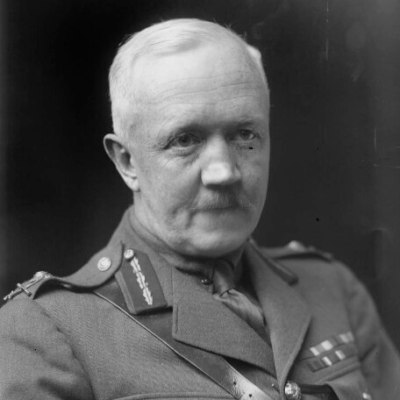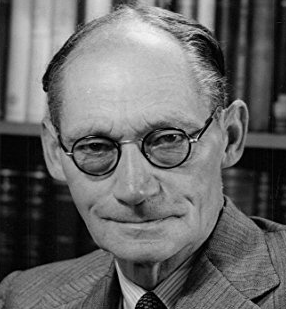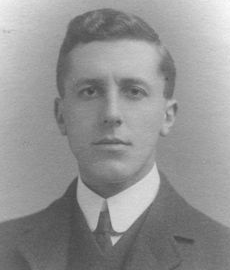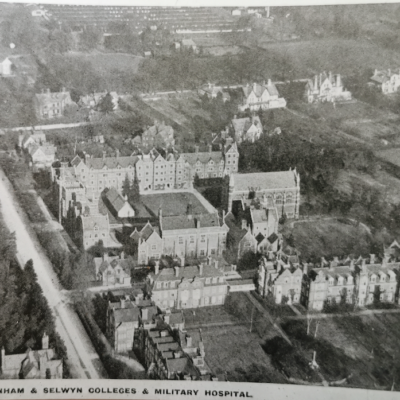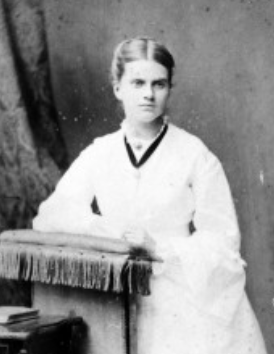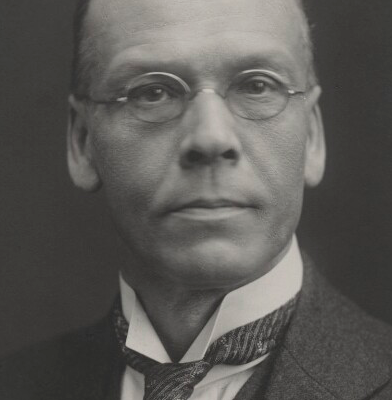Search by topic
- archaeology
- Building of Local Interest
- charity
- church
- crime
- dressmaker
- fire
- Great Eastern Railway
- Listed building
- Mapping Relief
- medieval
- oral history
- poverty
- Public House
- Rattee & Kett
- Religious House
- Roman
- scholar
- school
- Then and Now
- tudor
- women
- work
- world war one
- world war two
Search by text
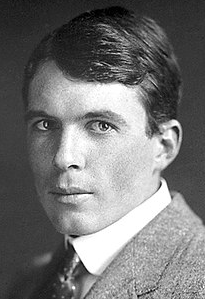 William Lawrence Bragg
William Lawrence Bragg3 West Road (New Road), Thorpe House
History of 3 West Road
1871
William Eaden Lilley, 55, wholesale retail dealer, b Cambridge
Rachel Martha, 45, b Norfolk
Rachel Elizabeth, 20, engaged teaching sisters at home, b Cambridge
Philip Henry, 19, apprentice draper, b Cambridge
Caroline Sarah, 16, b Cambridge
Agnes, 14, b Cambridge
Bertha, 13, b Cambridge
Emma Gertrude, 12, b Cambridge
Arthur Palmer, 10, b Cambridge
Maud Alexandra, 8, b Cambridge
Margaret, 1, b Cambridge
Ann Matthews, 64, cook, b Cambs
Elizabeth Hilsden, 45, nursemaid, b Cambridge
Mary Wilderspin, 23, housemaid, b Cambridge
1881 West Road House
Lilley:
1891
Lilley
1901 Thorpe House
Lilley
1911
Philip Henry Lilley
1913 Thorpe House
Philip Henry Lilley
Miss Lilley
The house was lived in during the 1930s by Mrs Wollaston, the widow of A F R ‘Sandy’ Wollaston who was shot dead in his rooms at King’s College by an undergraduate in an event which resulted in three deaths in 1930.
The account of the murder of Alexander Frederick Richmond Wollaston is included in Alison Bruce’s book ‘Cambridgeshire Murders’. A detailed source of the information in this case is the Illustrated Police News 12/6/1930. Douglas Newton Potts was a student at King’s College whose lifestyle had become more and more eccentric since he arrived as an undergraduate in October 1929. He had befriended another undergraduate John Frederick Gerald Newman and together they formed a dance band in which Potts played the drums and piano and sometimes conducted. In May 1930 Potts and Newman disappeared from Cambridge and went to London where they stayed with Madge Miller, a 25 year dance instructor in Shaftsbury Avenue. Potts had stolen a gun and boasted about wanting to follow a life of crime. The owner of the gun, a Webley automatic, was David Gattiker who had bought it for target practice at a local range from Messrs Gallyon of Bridge Street. Other students didn’t take him seriously but rapidly falling foul of their college authorities Potts and Newman decided to leave Cambridge. Whilst in London they appeared suicidal to some of their acquaintances but were persuaded to return to Cambridge by a third year student Frederick Waterwell Bolton.
On 3rd June the two undergraduates went to meet their tutors; in the case of Potts this was Alexander Wollaston. Whilst in a meeting, the policeman Sergeant Francis James Willis arrived to arrest Potts concerning the disappearance of the firearm. Potts shot both Wollaston, Willis and then himself.
The jury at the inquests determined that Douglas Potts had committed suicide during temporary insanity and that he murdered Wollaston and Willis during this same period.
See also Cambridge Historian website.
1938 The Bragg family moved to 3 West Road. Alice Bragg describes in detail their life in West Road in ‘Crystal Clear’ p.373f. The arrangements within the house for the duration of the war are interesting. Two maids and the gardener were called up … the house gave accommodation to a mixed bag of people, including a girl student from Bedford College, a pregnant bus conductress, a friend’s child with pneumonia, and a professor from London. The Bragg family were lucky that, despite rationing, they received regular food parcels from friends in America. Housed in its cellar was some of the glass from the windows of King’s College chapel.
Alice Bragg had already been involved with Lady Reading in national recruitment to the WVS. She continued her WVS role in Cambridge.
William Laurence Bragg’s father was William Henry Bragg (1862-1942). He had married Gwendoline Todd (1869-1929). She was born in Adelaide and was the daughter of Sir Charles Heavitree Todd and Alice Gillam Bell.
1939
William Laurence Bragg, physicist and crystallographer Nobel Prize 1915
Alice Grace Jenny Bragg, b 1899 [WVS organiser for Cambridge and then Mayor of Cambridge. She was later on several government commissions].
Margaret A Bragg, b 1931
?
James A McGoughan, b 1932
Hilda M Leaper, b 1909, children’s nurse
Beatrice B Watts, b 1911, children’s nurse
Nellie Norfield, b 1889, cook
Elizabeth F Thorpe, b 1903, housemaid
There is a detailed description of family life at 3 West Road in Crystal Clear: the autobiographies of Sir Lawrence and Lady Bragg pub. OUP 2015.
The Bragg family decided not to evacuate their children out of Cambridge during the war.
Lawrence Bragg was the son of William Henry Bragg (1862-1962) who had married Gwendoline Todd (1869-1929).
Gwendoline Todd was the daughter of Charles Todd (1926-1910) and Alice Gillam Bell (1836-1898).
Alice Bragg’s war-time work is described in the book, Hope is Daffodil Bright, by Zoe Jasko, pub. 2023.
1962
Gonville and Caius College hostel
Contribute
Do you have any information about the people or places in this article? If so, then please let us know using the Contact page or by emailing capturingcambridge@
License
This work is licensed under CC BY-NC-SA 4.0





